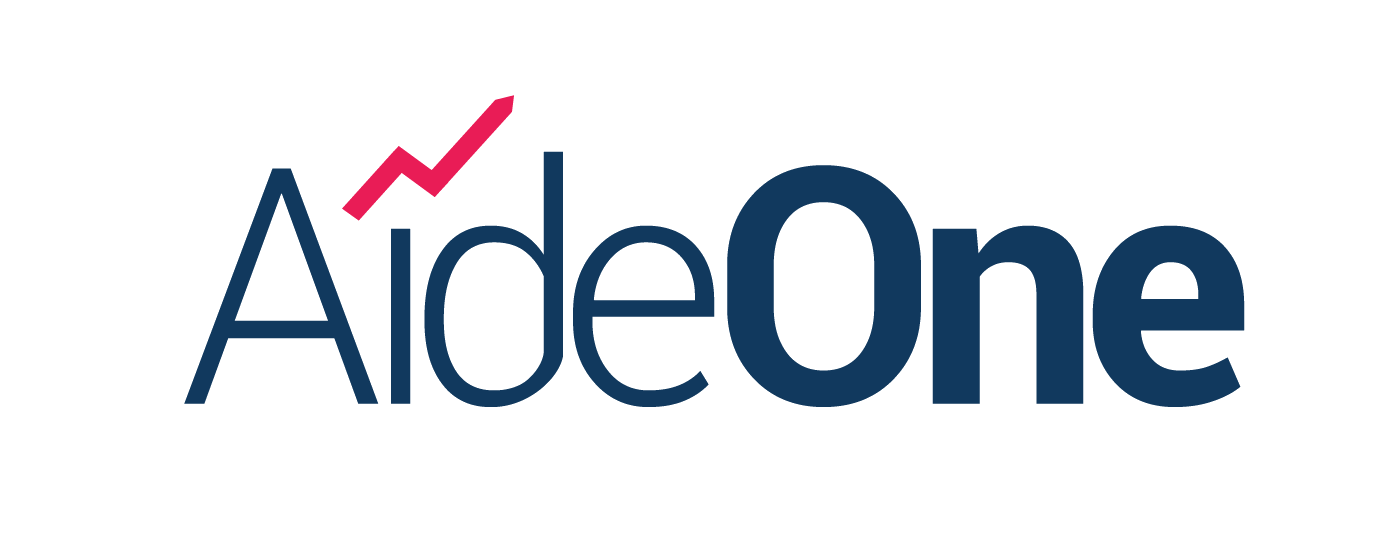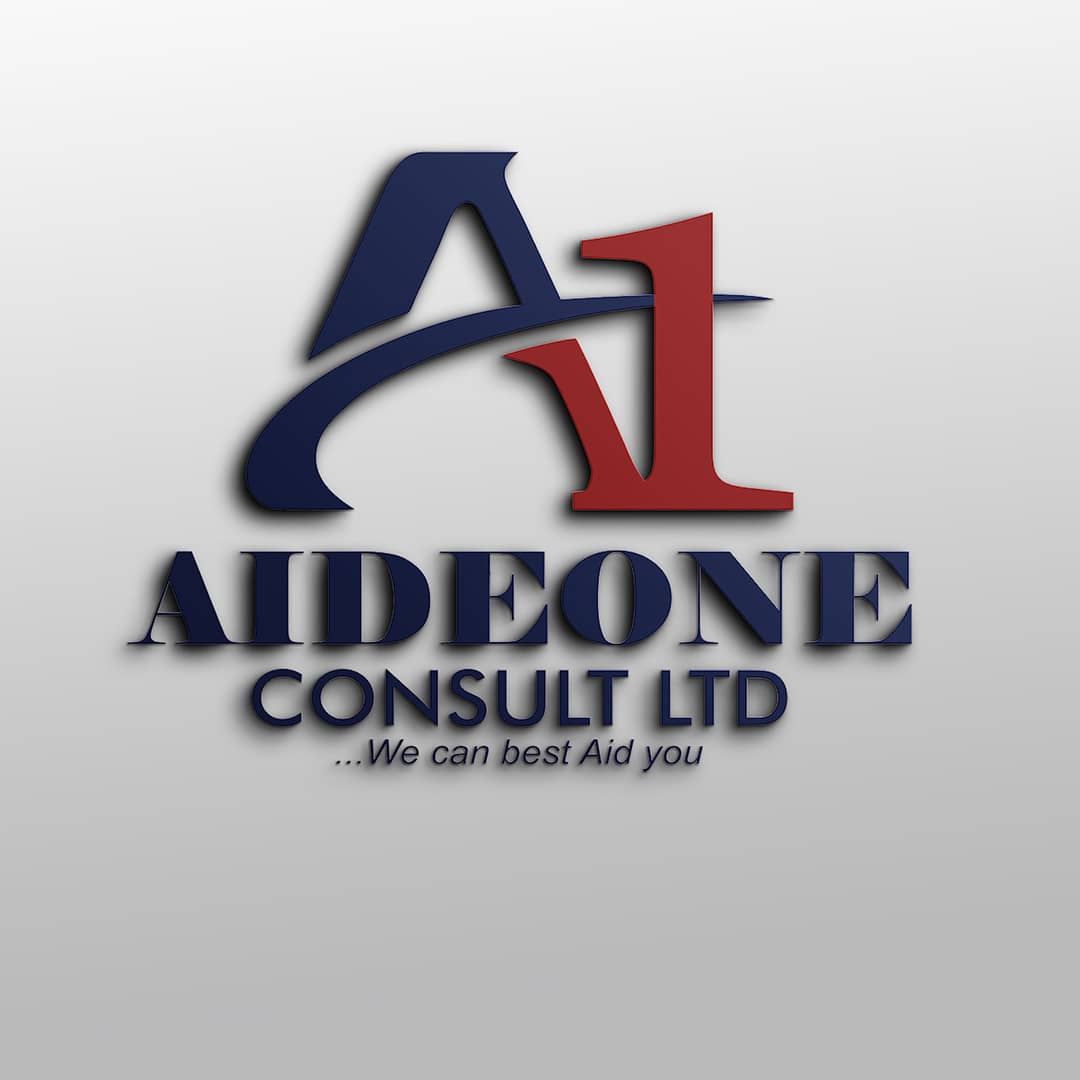From the articles
THE SECERT OF MINIMIZING YOUR TAX EXPOSURE

The Nigerian law recognizes the right of taxpayers to arrange their affairs in such a manner as to minimize their tax liability.
However, in exercising this right, taxpayers are obliged to maintain minimum ethical standards and observe the limits set under applicable tax law in Nigeria. In order to minimize a company’s tax liability, there must be a proper tax management and tax planning.
Tax management means, the management of finances, for the purpose of paying tax. Tax Management deals with filing of the relevant taxes at the right time. Tax Management helps in avoiding payment of interest, penalty, prosecution while Tax planning is the analysis of a financial situation or plan to ensure that all elements work together to allow you to pay the lowest taxes possible. A plan that minimizes how much you pay in taxes is referred to as tax efficient. Tax planning should be an essential part of an individual investor's financial plan.
The Nigerian tax law provides several means by which one can avoid paying tax or at least reduce paying excessively. This is not to be confused with tax evasion, which is considered illegal in Nigeria. Tax Evasion refers to a deliberate act on the part of a tax payer not to pay tax. However, tax avoidance is a legitimate way of avoiding tax by exploiting loopholes and provisions in the tax code that allow you to reduce the amount of tax that you pay on your income.
Below are some secrets of reducing tax liabilities;
- Personal Income Tax (PITA)
- Increase your Voluntary Contribution to your Pension Retirement Savings Account (RSA)
- Take Mortgage loan instead of bank loan because interest on mortgage loan is tax exempted
- Life Assurance Policy premium is exempted from tax and get a tax relief premium
These are the major allowable deductions which you can take advantage of as found in the Personal Income Tax Act (PITA) LFN CAP 2004 Section 3, 4 and 5 in Nigeria which will enable you to minimize your personal tax exposure
- Company Income Tax (CITA)
- Deduct VAT that you pay on your purchases from VAT that you receive on your supplies i.e., claiming Input on purchases you paid VAT on.
- Apply for Capital Acceptance Certificate for fixed asset which enables you to claim capital allowance in other to write off the qualifying assets. It replaces depreciation.
- Make sure you register on FIRS platform to enable you get withholding tax receipts for all money paid on contracts. The WHT receipt can be use to off-set any future tax liability (Company income tax and Education Tax)
- Invest in industries that the government is promoting with tax incentives such as Pioneer Status which a company can be exempted from tax for the minimum of 3 years and maximum of 5 years.
- When you borrow money from foreign financial institutions make sure you obtain a certificate of capital importation which will exempt you from tax because of foreign exchange law in Nigeria.
It is costlier to do what is wrong than doing what is right

